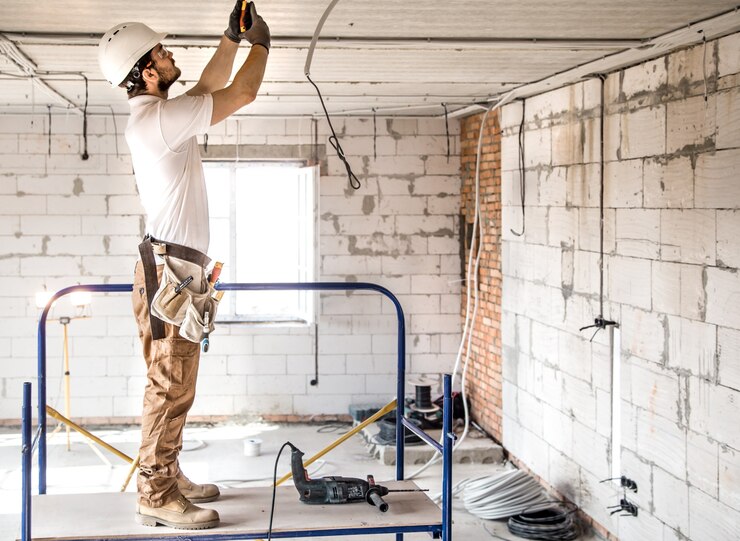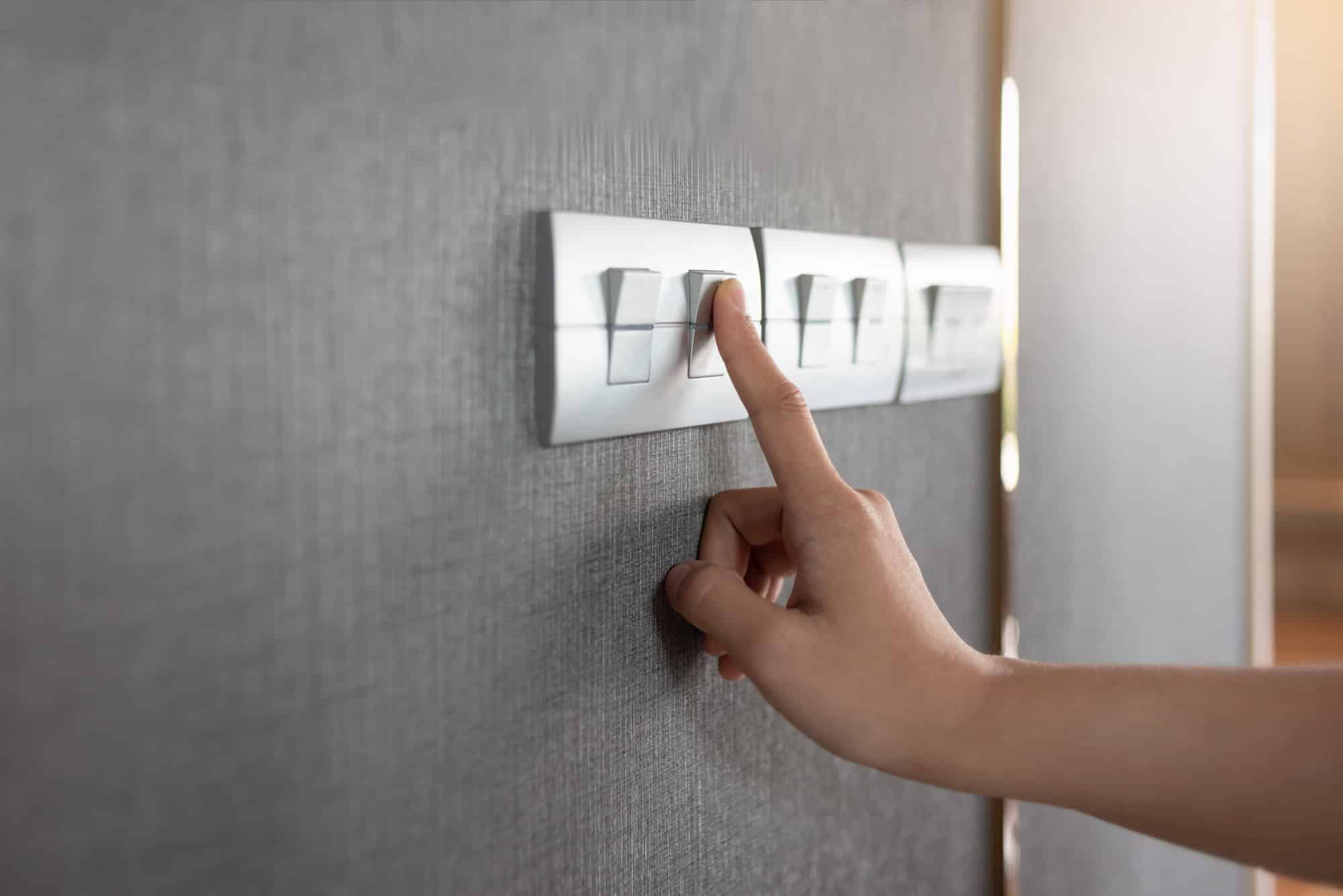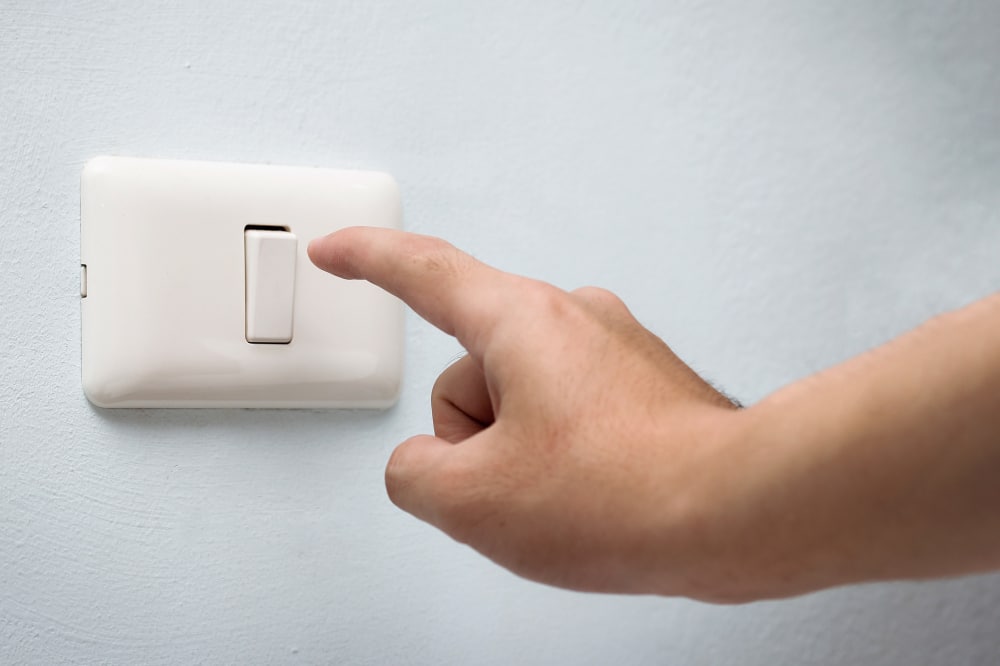
11 Jan How to Conquer and Confront Common Electrical Glitches at Home

Introduction
Experiencing electrical problems at home, especially on the Gold Coast, is common. You’re not alone if you’ve ever been puzzled by flickering lights or odd buzzing noises.
Want to know more about the typical electrical problems in homes, pinpoint their causes, and find solutions to keep your living space safe and fully functional? Then, read on!
Flickering Lights
Flickering lights are disturbing and sometimes indicate an underlying electrical problem. Loose or defective bulbs, unstable connections, or electrical panel issues might be the culprits.
Firstly, carefully see if the bulb is secure and properly fitting in its socket. If that doesn’t fix it, have a professional electrician check your wiring and connections.
Overloaded Circuit Breakers
Circuit breakers are meant to shut off power when overloaded or facing a short circuit. If your circuit breakers trip often, you might be overloading a circuit. To fix this, spread out your appliances across different circuits or consider upgrading your electrical panel for higher power capacity.
Faulty Outlets
Damaged outlets or wiring issues can lead to non-functioning or sparking outlets. Replace any broken outlets and, for persistent problems, consult an electrician. Also, upgrading to Residual Current Device (RCD) outlets in damp areas like kitchens and bathrooms is a smart safety move.
Power Surges
Power surges pose a risk to sensitive electronics and appliances. They can stem from external sources or internal issues like faulty wiring or defective appliances. Installing surge protectors at crucial outlets and ensuring proper grounding can protect your valuable devices.
Mysterious Buzzing Sounds
If you hear unusual buzzing or humming from outlets, switches, or appliances, this may signal loose wiring or other problems. If unsure, quickly track down the noise source and get professional help to avoid electrical dangers.
Non-Functional Outlets
Outlets that suddenly don’t work might be due to tripped RCD outlets, bad wiring, or the outlet itself being damaged. First, reset any tripped RCD outlets. If the issue persists, get a local electrician to pinpoint and fix the root cause.

Warm or Hot Outlets/Switches
Outlets or switches that feel hot might suggest overloaded circuits or defective wiring. Immediately unplug devices and turn off power to the area. Then, consult a qualified electrician to investigate and resolve the issue, preventing potential fire risks.
DIY or Call a Licensed Electrician?
Electrical issues range from simple to complex, and addressing them swiftly for your home’s safety and efficiency is crucial. Some problems may be DIY-friendly, but many require a licensed electrician’s expertise.
Consider electrical inspection services regularly and if you see any warning signs, prioritize your safety over trying to fix the electrical problem yourself. When in doubt, it’s best to seek professional help.
Contact us today if you see any signs of an electrical glitch at your home!







Sorry, the comment form is closed at this time.